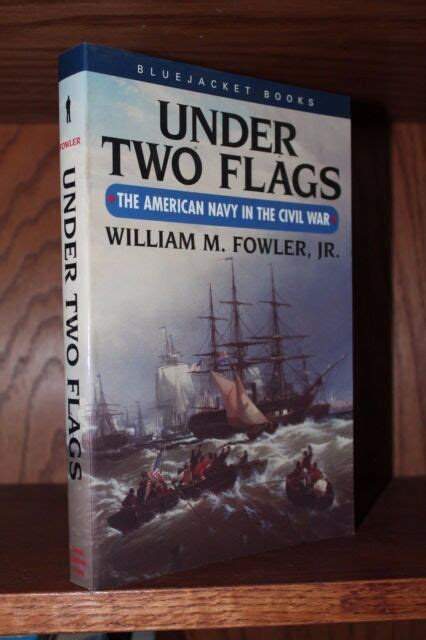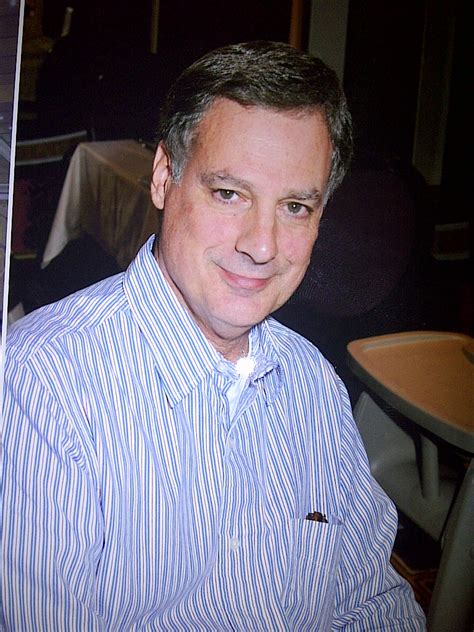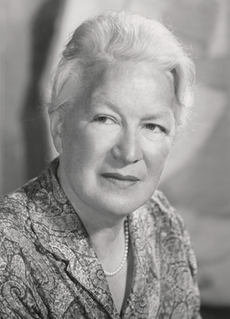A Quote by Stewart Brand
Historians will consider this a dark age. Science historians can read Galileos technical correspondence from the 1590s but not Marvin Minskys from the 1960s.
Quote Topics
Related Quotes
Most academic historians accept that historians' own circumstances demand that they tell the story in a particular way, of course. While people wring their hands about 'revisionist' historians; on some level, the correction and amplification of various parts of the past is not 'revisionism' as it is simply the process of any historical writing.
Tides of History provides a splendid prism through which we may view the wider world of Victorian science. . . . Historians of science will have cause to heap praise on this book, but so too will the non-specialists. The author's splendid writing style, at times appropriately Puckish, makes this work an accessible and enjoyable read.
Historians of a generation ago were often shocked by the violence with which scientists rejected the history of their own subject as irrelevant; they could not understand how the members of any academic profession could fail to be intrigued by the study of their own cultural heritage. What these historians did not grasp was that scientists will welcome the history of science only when it has been demonstrated that this discipline can add to our understanding of science itself and thus help to produce, in some sense, better scientists.
I want my children to have access to something that looks beyond what I call the tyranny of now. You read the paper, everyone talks about that thing [in the news] that day, and all the subconscious really important stuff that's going on is being neglected. The beauty of history is that historians have the ability to find patterns, the big picture. When you make a movie, you try to find that. I'm doing in the cinema what historians try to do in their own media.
It is a grave error for historians of literature to interpret the national spirit of the age in an oversimplified manner, ignoring the complexity of various cultural and life processes. Instead of using their imagination, they try to read the future by observing the hands of a clock which is still busy measuring the past.


































